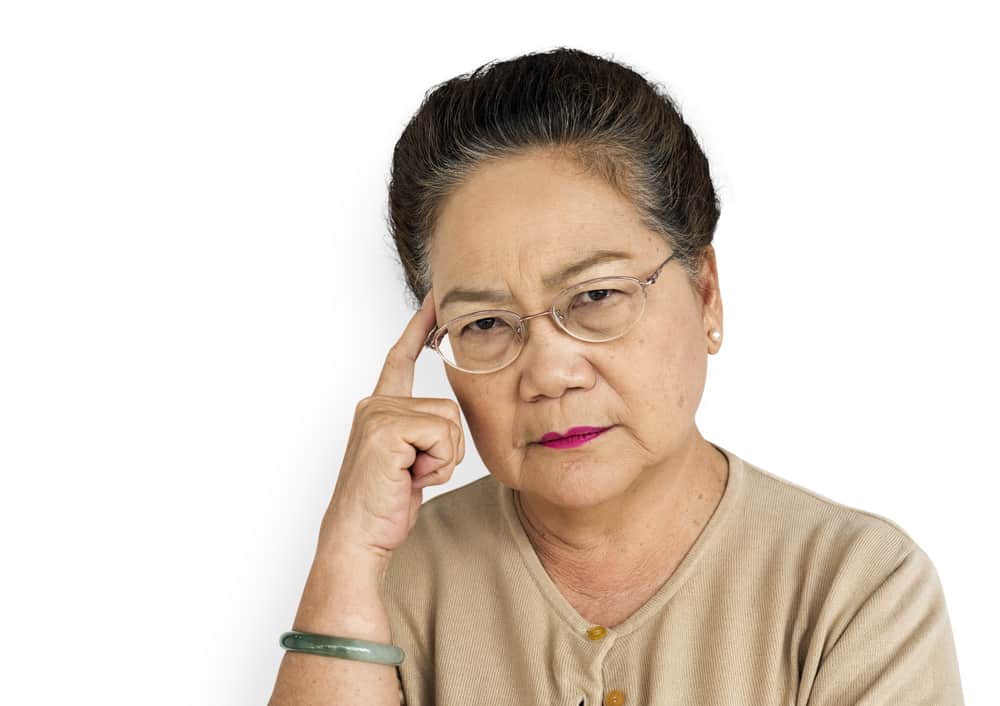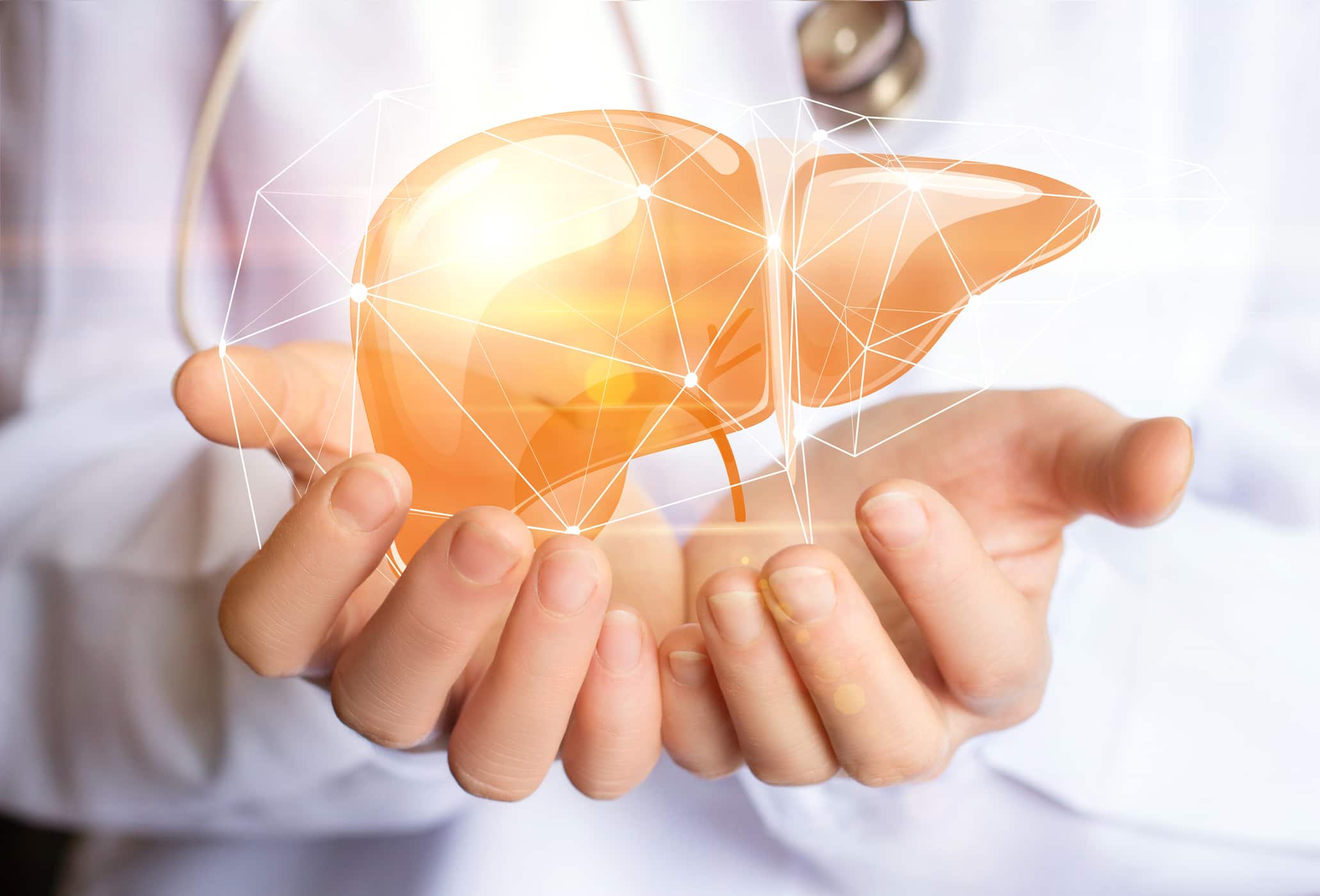Contents:
- Medical Video: What Happens to Your Body When You Start Eating Honey Every Day
- Every human grows older and experiences aging
- Health complaints when you get older
- 1. Lower back pain
- 2. The next headache
- 3. Osteoarthritis
- 4. Carpal Tunnel Syndrome
- 5. Muscle pain
Medical Video: What Happens to Your Body When You Start Eating Honey Every Day
The most feared thing as you get older is the condition of the body that is not as healthy as it used to be. At a young age you might be able to do whatever you want, but as you get older, you will be more careful in your activities, because if not, your health will be disrupted. Have you ever asked why when you get older it affects your body's health?
Every human grows older and experiences aging
The World Health Organization or WHO states that biologically, the aging process occurs due to the accumulation of various molecular and cellular damage from time to time. This causes a gradual decrease in physical and mental capacity - so that it can increase the risk of illness and death.
The good news is that not everyone experiences the same thing. There are elderly people who stay fit even in old age, but there are also elderly people who experience certain illnesses, all depending on what he did in his youth.
WHO also stated that in addition to biological changes, the aging process is also often accompanied by various unexpected events, such as the death of family / spouse / friends, retirement, and others. Eventually aging is not just about physical health, but mental health so an approach is needed to strengthen recovery, adaptation and psychosocial growth.
Health complaints when you get older
Here are some common complaints that occur with age:
1. Lower back pain
The most common complaint is lower back pain - often back pain is called gout. Back pain is pain or stiffness that occurs in the spine, from the neck base to the coccyx. Back pain usually occurs after lifting an object that is too heavy or because of a sitting, standing, or bending position that is not ideal.
Tips : Some ways to deal with pain in the back of the back are by doing strength training and cardio. Strength training and cardio can increase blood flow, build core muscles and spine, thereby reducing pressure on the back bone. In addition, physical therapy can also be done to reduce back pain. If the pain occurs more than a week, you are advised to consult a doctor.
2. The next headache
Migraines are the next headache. Migraines begin when a person is in his 20s and his condition improves with age. The study found that 40% of people with migraines no longer had the attack at the age of 65 years. However, certain conditions such as hormonal changes make a person experience migraines even when in old age.
Tips : You can also use migraine-specific drugs that contain caffeine, acetaminophen, or aspirin. But you need to consult a doctor before taking these drugs.
3. Osteoarthritis
Osteoarthritis is swelling in the joints which causes joints to feel sore and stiff. The swelling often occurs in the hands, knees, hips, and spine. Osteoarthritis often occurs in people in their 60s or 70s.
Tips: To reduce joint pain, you can compress warm when the joint feels stiff and compresses with ice when the joint swells. You are also encouraged to stay physically active to promote blood circulation, reduce pain, and strengthen muscles around the joints. However, you need to consult a doctor before doing physical activity so that it doesn't make your osteoarthritis worse.You can also ask for an anti-pain medication for your doctor.
4. Carpal Tunnel Syndrome
Carpal Tunnel Syndrome is a condition that causes the fingers to experience a tingling sensation, numbness, or pain. This condition often occurs in the thumb, middle finger and index finger, which is usually caused by repeated activities. Namun family history and hormonal changes too can increase your risk of experiencing this.
Tips: You can consult a doctor if you experience this condition. Usually, doctors will recommend exercise, occupational and physical therapy, and the use of short-term pain relief. But for some cases, surgery can be done to treat carpal tunnel syndrome.
5. Muscle pain
When you age, your muscles shrink,become less flexible and vulnerable to injury.
Tips: Avoid lifting heavy objects without help. Stretching and exercises such as yoga and pilates can help maintain muscle flexibility. You are also advised to consult a doctor if your muscles feel very painful.












